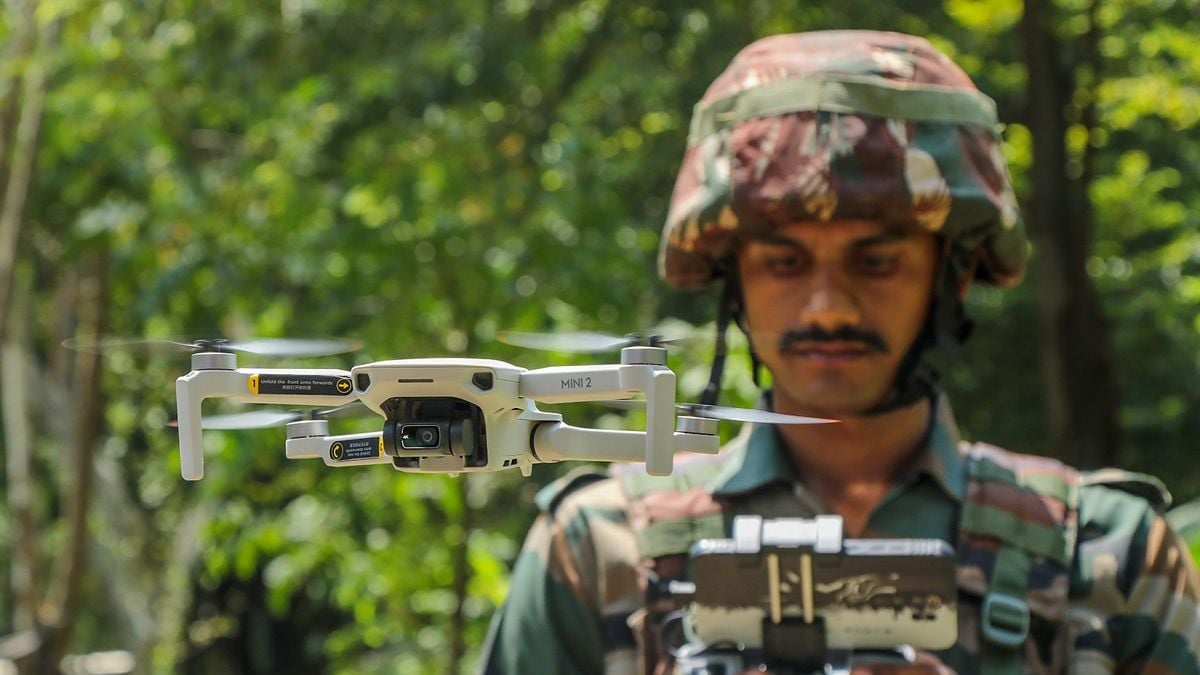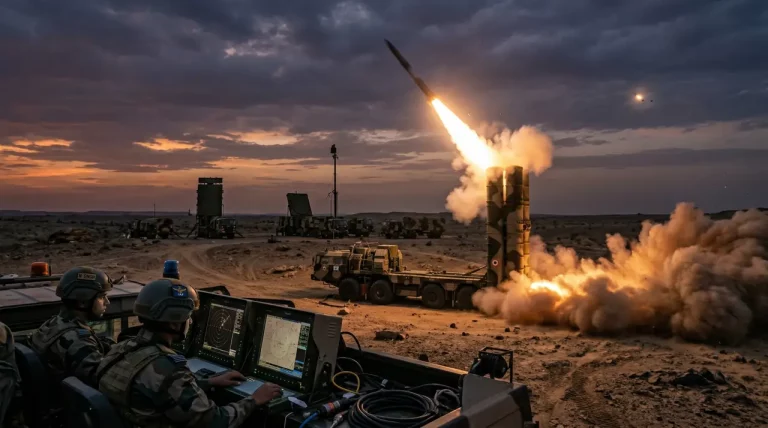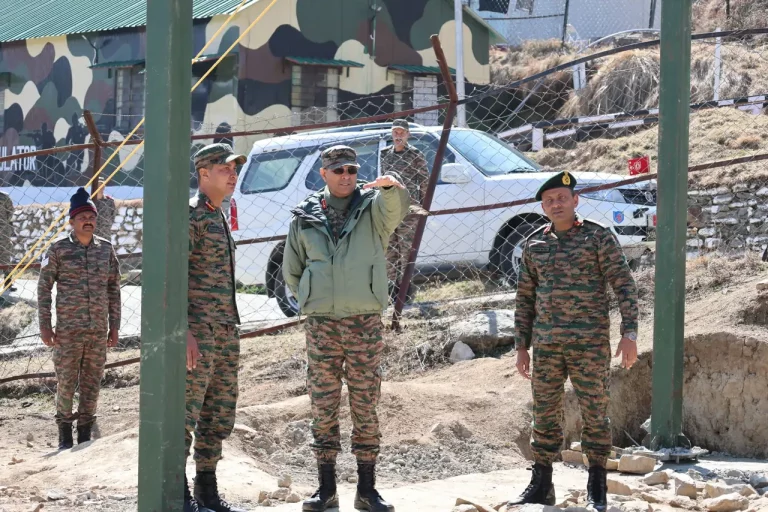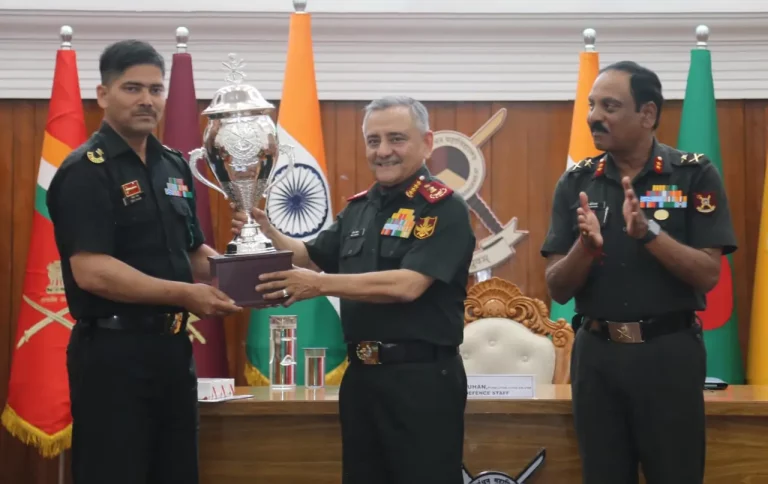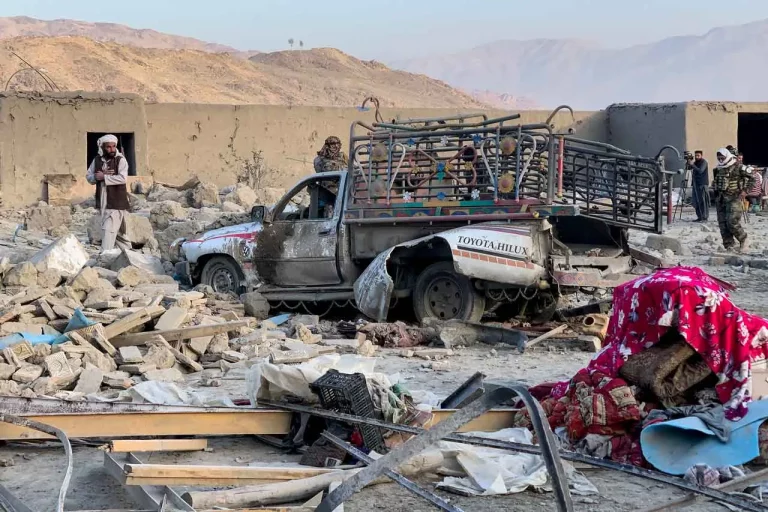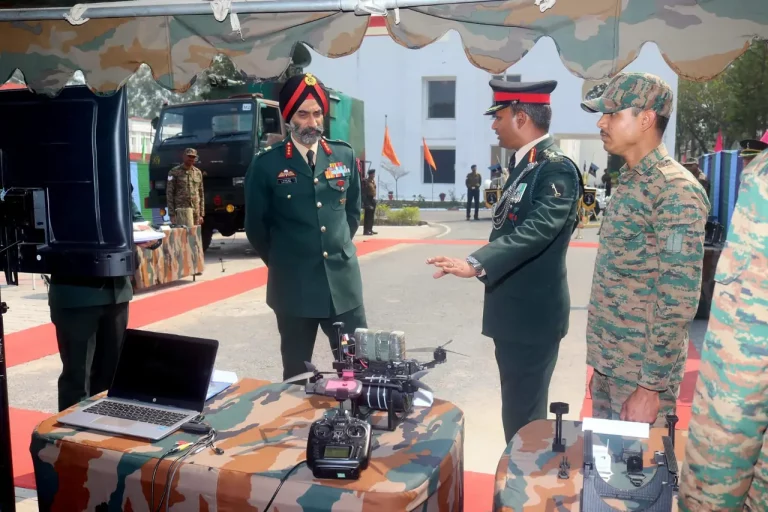In a significant development aimed at bolstering national security and enhancing cybersecurity measures, the Indian government has decided to terminate three major defence contracts for the procurement of 400 logistics drones intended for the Indian Army. The decision follows the discovery that these contracts incorporated components sourced from Chinese manufacturers, raising serious concerns regarding potential cybersecurity risks. The contracts, valued at over ₹230 crore, were entered into under emergency procurement provisions in 2023 with a private company based in Chennai.
The logistics drones included a mix of 200 Medium-Altitude Drones, 100 Heavy-Weight Logistics Drones, and 100 Light-Weight Logistics Drones. They were specifically destined for deployment along the 3,488-km Line of Actual Control (LAC) with China, particularly in light of the prolonged military standoff in eastern Ladakh which has been ongoing since April 2020.
A senior defence official emphasized the critical cybersecurity implications posed by the integration of Chinese components, highlighting potential vulnerabilities. “Unfortunately, some Indian companies are using Chinese components in drones meant for the armed forces,” the official stated. “This poses a major cybersecurity threat, with the potential for data breaches, operational compromise, and even hostile takeover of drone systems.” Specific concerns outlined include the risk of backdoor vulnerabilities that could permit remote control or surveillance by adversaries, the possibility of jamming or soft-kill attacks that could undermine operational missions, and threats to data security that could expose sensitive military information.
The urgency of the matter was underscored by recent operational failures involving unmanned aerial vehicles (UAVs) along India’s borders with China and Pakistan. A notable incident occurred in August 2024, when an infantry unit in Rajouri lost control of a fixed-wing vertical take-off and landing UAV, which mistakenly crossed into Pakistan-occupied Jammu and Kashmir. Although the slip was attributed to a technical malfunction, it sparked a comprehensive review of existing drone security protocols.
In light of these concerns, the defence establishment has instituted stricter procurement protocols to ensure compliance with security standards. These measures include rigorous technical verifications to confirm that drones are devoid of Chinese parts or malicious code, enhanced certification requirements from drone manufacturers, and counter-checking mechanisms during the procurement and operational deployment processes.
The Defence Ministry’s Department of Defence Production has proactively engaged leading industry bodies such as FICCI, CII, and Assocham, urging them to caution member companies against sourcing Chinese components while simultaneously promoting the development of indigenous alternatives within the drone manufacturing sector.
This decisive action aligns with India’s broader strategic objective of achieving self-reliance in defence technology, encapsulated in the Aatmanirbhar Bharat initiative. The Indian Armed Forces are ambitiously expanding their drone capabilities across various categories, which include nano, mini, and micro drones for tactical applications, kamikaze drones and armed swarms for offensive operations, as well as Medium-Altitude Long-Endurance (MALE) and High-Altitude Long-Endurance (HALE) UAVs designed for surveillance and combat support.
The government’s firm stance reaffirms its commitment to national security and highlights the paramount importance of cybersecurity in contemporary warfare. Furthermore, it serves as a clear message to domestic defence manufacturers regarding the necessity to align with India’s strategic objectives, ensuring that the armed forces are equipped with secure, reliable, and indigenous technologies.
